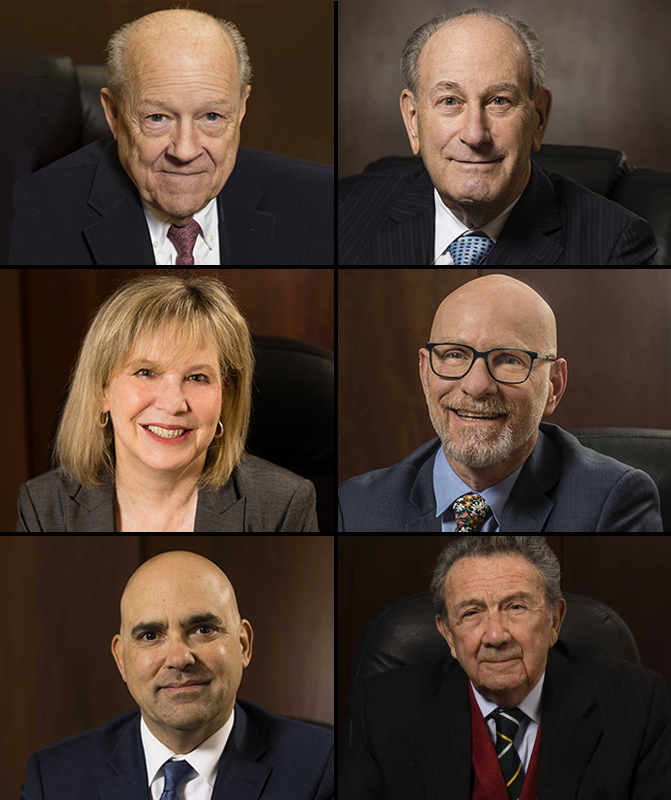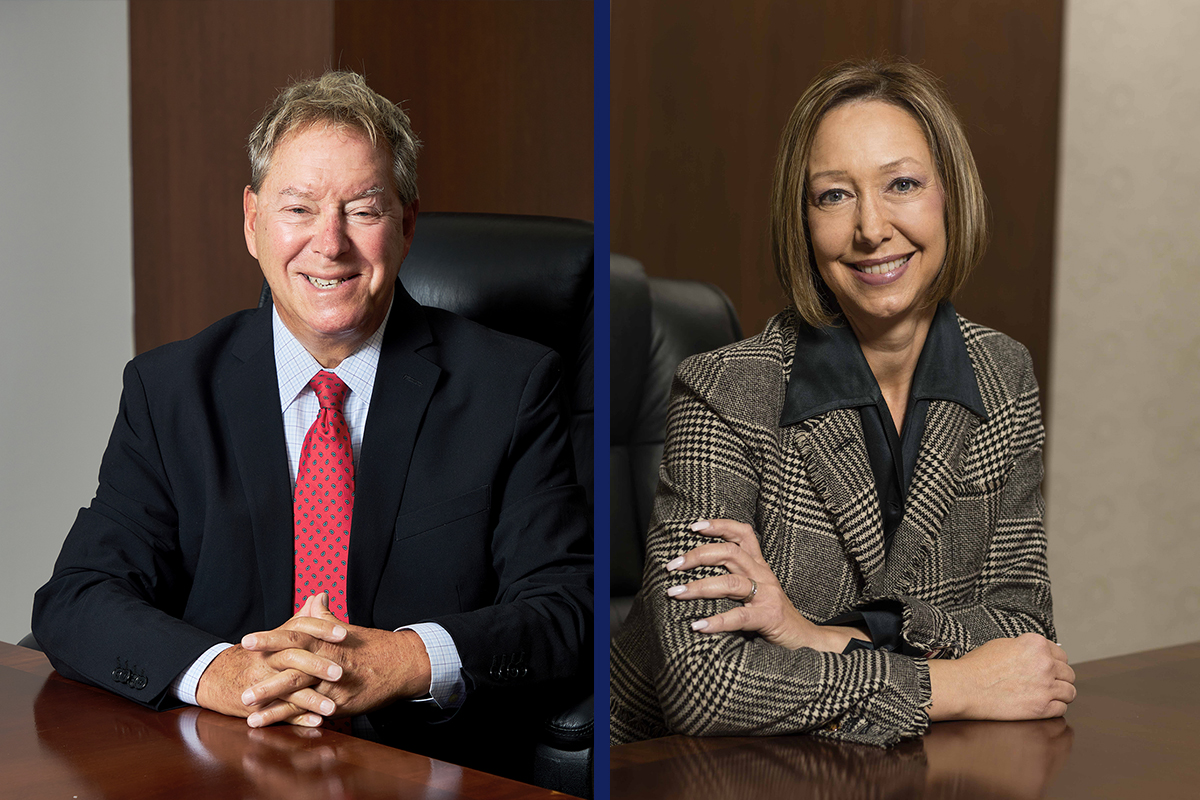A recent decision by a United States District Court in California highlights the need for exercising extreme caution when forwarding emails that are subject to the attorney client-privilege.
In Fourth Dimension Software v. Der Touristik Deutschland, GmbH, the United States District Court for the Northern District of California reviewed a discovery dispute regarding an email that had been sent by the plaintiff’s former in house counsel to the plaintiff’s president, which was then forwarded to a hotel front desk for printing. The president’s email to the hotel front desk stated: “[p]lease print one copy. I’m waiting at the front desk. Thanks.”
The plaintiff argued that the email from its former in-house counsel to its president was protected by the attorney client privilege, and that forwarding the email to the front desk of the hotel did not result in a waiver of the privilege. The defendant argued that the original email was not privileged, asserting that the former in-house counsel was not acting as an attorney for the plaintiff when he sent the email, and that even if he were, the privilege was waived when the president forwarded the email to the front desk of the hotel.
The District Court agreed in part with the defendant, finding that while the attorney-client privilege applied to the original email from plaintiff’s former in-house counsel to the president, the privilege was waived when it was forwarded to the front desk of the hotel. The Court reasoned that the original email was privileged because at the time the email was sent, the dominant purpose of the relationship between the plaintiff and its former in-house counsel was that of attorney and client. The Court however found that the attorney-client privilege was waived when the email was forwarded to the hotel front desk because the facts did not show that the plaintiff intended or reasonably expected confidentiality when it forwarded the email to the hotel’s generic email address. The Court stated that by sending the email to a generic email address, any number of hotel staff had access to the email, and the forwarded email did not contain any notice that it should be kept confidential.
The Court’s ruling should be a warning for both attorneys and their clients that forwarding privileged emails to a third party even for the sole purpose of having the emails printed can result in a waiver of the attorney-client privilege.






